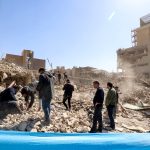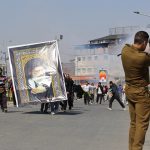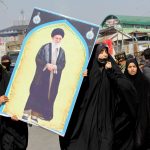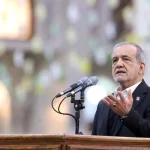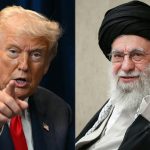A high-level symposium in Nairobi has issued a damning indictment of the Sudanese army, accusing it of deliberately sabotaging peace efforts and empowering extremist groups in a war that has left Sudan in ruins for more than two years. The gathering warned that the army’s hardline stance, arms deals with foreign powers, and reliance on Islamist militias are driving the country deeper into chaos and threatening the stability of the wider Horn of Africa.
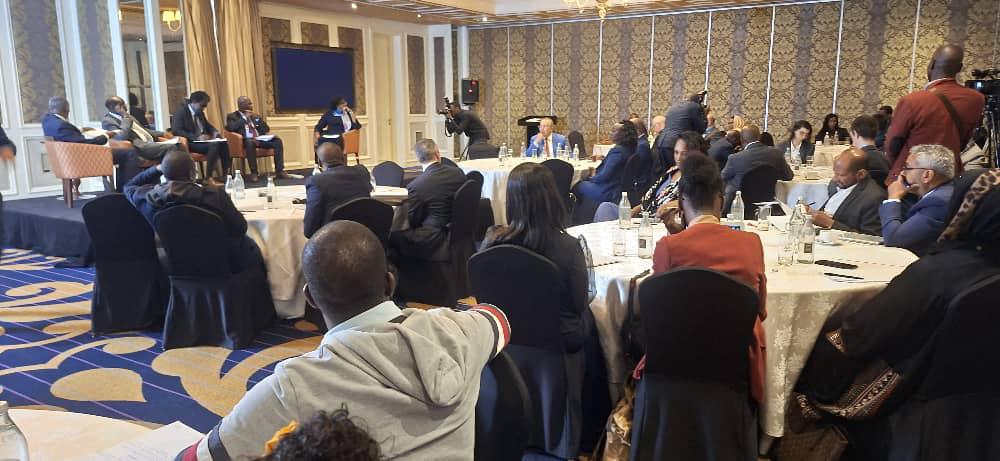
The conference, convened by the Kofi Annan Foundation, Amina Life, and the Maghreb-African Center, brought together senior African and international diplomats, political leaders, and civil society representatives. Delegates concluded that the Sudanese army has systematically boycotted peace platforms and chosen military escalation over dialogue, in collaboration with Islamist factions determined to block a political settlement.
Speakers highlighted the army’s refusal to engage in talks in Jeddah, Manama, and Geneva, even as it pursued arms deals with Iran, Turkey, and Pakistan. This pattern, they cautioned, reflects not only a rejection of peaceful solutions but also an alarming entrenchment of extremist influence in the conflict.
Kenya’s former Foreign Minister Amina Mohamed warned that the war has unleashed catastrophic humanitarian consequences, with millions displaced and 75 percent of women exposed to severe risks. She urged the African Union and IGAD to reclaim leadership in driving a peace process and to safeguard the delivery of humanitarian aid to the vulnerable.
Former Tunisian Foreign Minister Mongi Hamdi described Sudan as a “forgotten war” in the global media, stressing that the influx of extremist militias from across Africa and the Middle East could turn Sudan into a hub of instability. He called military solutions futile and pressed for an interim civilian government to pave the way for democratic elections.
The Democratic Alliance’s Bakri Al-Jak went further, accusing Islamists embedded within the army and state institutions of deliberately sabotaging negotiations to protect their grip on power. He decried the use of prohibited weapons and systematic violations against civilians as part of a calculated strategy to prolong the conflict.
In its final communique, the symposium called for urgent international and regional pressure on the Sudanese army to return to the negotiation table while reinforcing Africa’s role in shaping a comprehensive peace framework.
The Nairobi meeting closed with a clear message: Sudan’s war cannot be resolved through the barrel of a gun. Only dialogue, accountability, and civilian-led governance can break the cycle of destruction.

